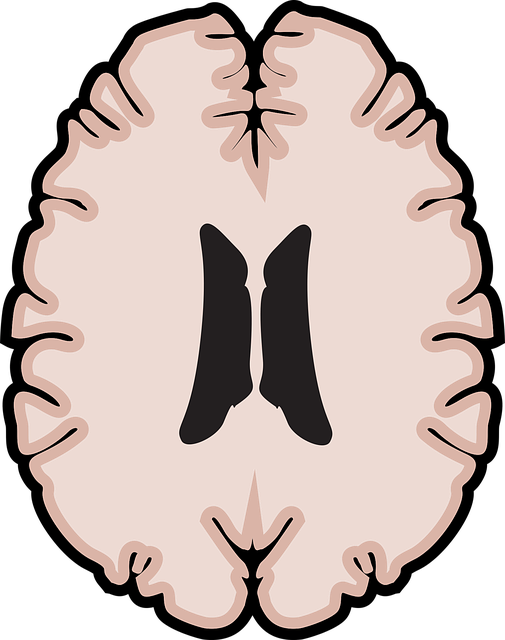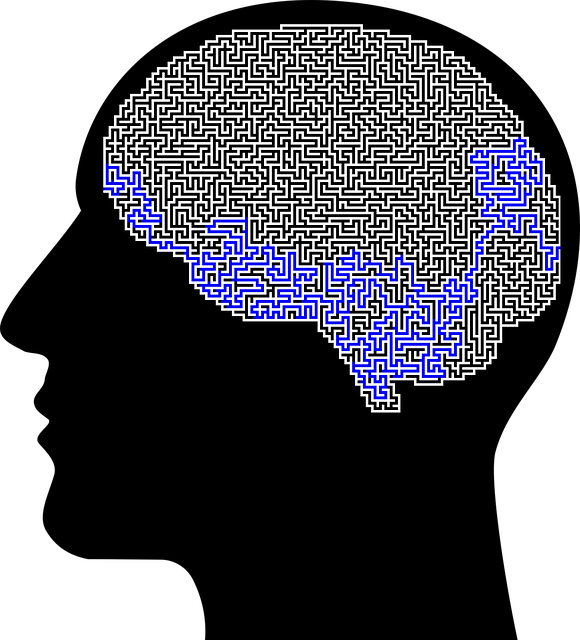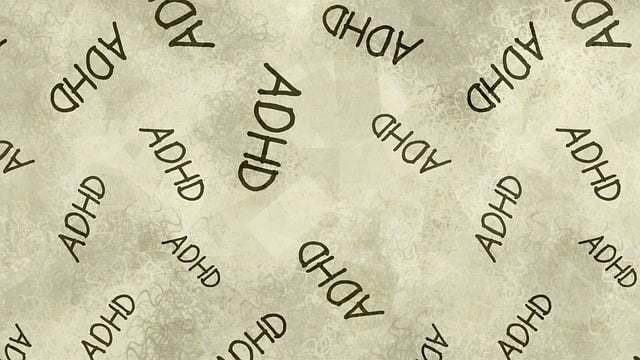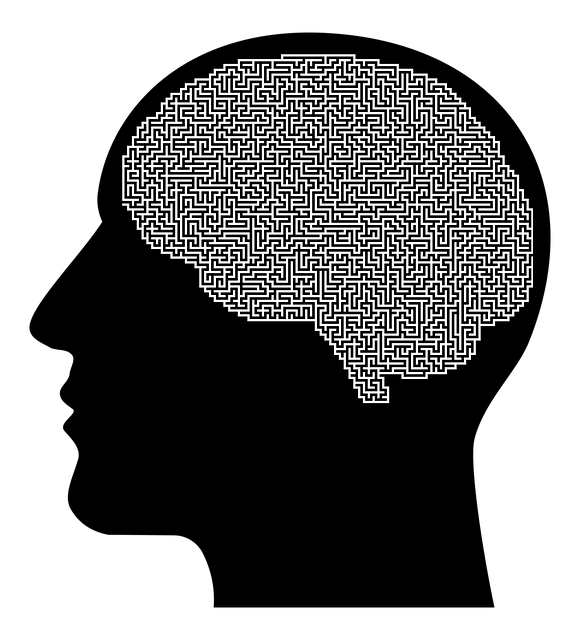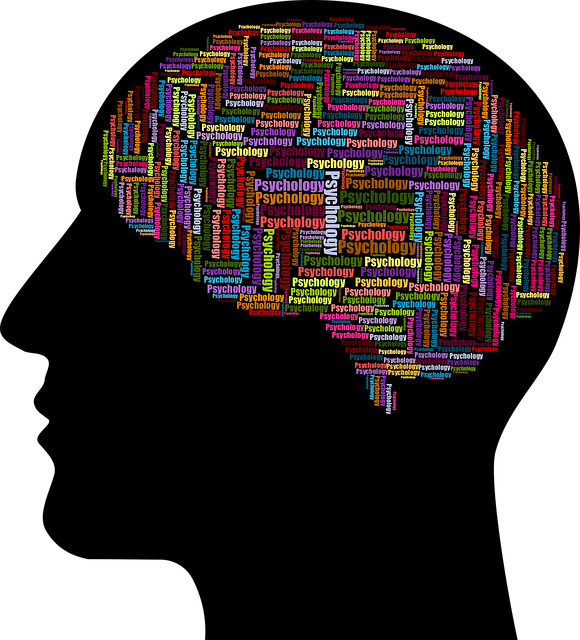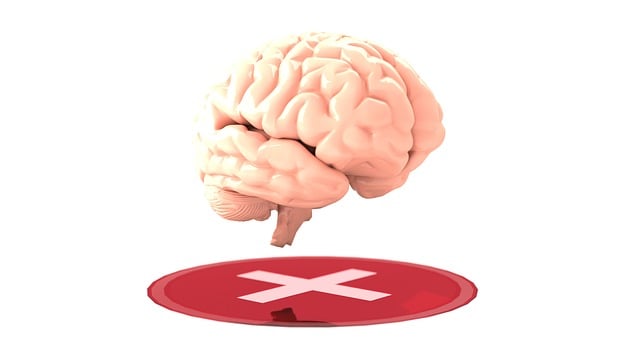Mental wellness self-assessment tools, crucial for understanding and improving emotional health, cover stress, anxiety, depression, and dissociation, with Arvada Dissociative Disorder Therapists offering specialized support. Integrating evidence-based Arvada Dissociative Disorder Therapy (ADDT) enhances assessment accuracy and risk management, enabling tailored interventions. These comprehensive tools, meticulously designed and tested, provide insights into emotional states, thought patterns, and behaviors, promoting personal growth and stress reduction. Through training and awareness campaigns, they become accessible and culturally sensitive, leveraging technology to improve mental health outcomes.
Mental wellness self-assessment tools play a crucial role in personal growth and understanding. In this article, we explore the development of such tools, focusing on integrating innovative approaches like Arvada Dissociative Disorder Therapy. By combining evidence-based practices with modern therapeutic techniques, comprehensive assessment tools can be created. These instruments empower individuals to gain insights into their mental health, fostering self-awareness and enabling targeted interventions for holistic well-being.
- Understanding Mental Wellness Self-Assessment Tools
- Integrating Arvada Dissociative Disorder Therapy into Self-Assessment
- Creating Comprehensive and Effective Assessment Tools for Personal Growth
Understanding Mental Wellness Self-Assessment Tools

Mental wellness self-assessment tools play a crucial role in individuals’ journey towards understanding their emotional and psychological state. These tools are designed to provide insights into various aspects of mental health, including stress levels, anxiety, depression, and even dissociation—a common issue treated by therapists specializing in Arvada Dissociative Disorder Therapy. By utilizing these assessments, people can gain a better grasp of their overall wellness and identify areas that may require professional help or support.
Self-assessment tools offer a convenient and accessible way for individuals to monitor their mental health between therapy sessions or workshops focused on stress reduction methods. Moreover, they contribute to the growing popularity of mental wellness podcast series production, where experts often emphasize the importance of regular self-evaluations. Additionally, organizations hosting Stress Management Workshops aim to empower participants with effective stress management techniques through such assessments, fostering a holistic approach to well-being.
Integrating Arvada Dissociative Disorder Therapy into Self-Assessment

Integrating Arvada Dissociative Disorder Therapy (ADDT) into self-assessment tools offers a novel approach to mental wellness evaluation. This evidence-based therapy provides a framework for understanding complex dissociative disorders, enabling more accurate diagnoses and tailored interventions. By incorporating ADDT principles, self-assessments can delve deeper into the experiences of individuals struggling with dissociation, a common yet often overlooked aspect of various mental health conditions.
This integration is particularly beneficial in the context of risk management planning for mental health professionals. It enhances their ability to assess and mitigate risks associated with dissociative symptoms, such as those that may arise during therapy. Furthermore, the ADDT-informed self-assessments can serve as valuable tools for stress reduction methods, helping clients gain insights into their internal states and fostering better coping strategies. This comprehensive approach ensures a more nuanced understanding of mental health, aligning with best practices in risk assessment for mental health professionals.
Creating Comprehensive and Effective Assessment Tools for Personal Growth

Creating comprehensive mental wellness self-assessment tools is a multifaceted process that involves meticulous design and rigorous testing. These tools serve as invaluable resources for individuals seeking personal growth, enabling them to gain profound insights into their emotional states, thought patterns, and behaviors. Incorporating evidence-based methodologies ensures accuracy and effectiveness, catering to diverse needs—from managing common stress to addressing complex conditions like Arvada dissociative disorder therapy.
Effective assessment tools not only capture symptoms but also assess resilience building, a crucial aspect of mental wellness. Public awareness campaigns development and healthcare provider cultural competency training play a significant role in making these tools accessible and sensitive to various populations. By integrating diverse perspectives and leveraging technological advancements, self-assessment platforms can enhance support for mental health, contributing to improved well-being outcomes.
Mental wellness self-assessment tools play a pivotal role in personal growth and understanding. By integrating innovative approaches like Arvada Dissociative Disorder Therapy, these tools become comprehensive and effective, empowering individuals to take charge of their mental health. This article has explored key aspects from understanding the fundamentals to developing robust assessment tools, ultimately highlighting the importance of regular self-assessment for sustainable well-being.
